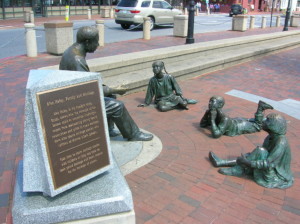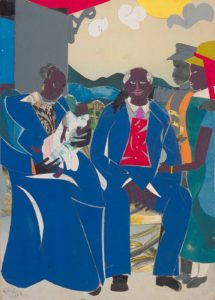
The Moral Narratives of New Materialism and Posthumanism
Who or what are the actors in Posthuman and New Materialist narratives, asks Peter J. Bräunlein in this response to our interview with Paul-Francois Tremlett. In the face of populist “great simplifiers like Trump Bolsonaro or Modi,” what will scholars do with our increasingly complex and diverse narratives about religious change?











